Wikigender launch (2008)
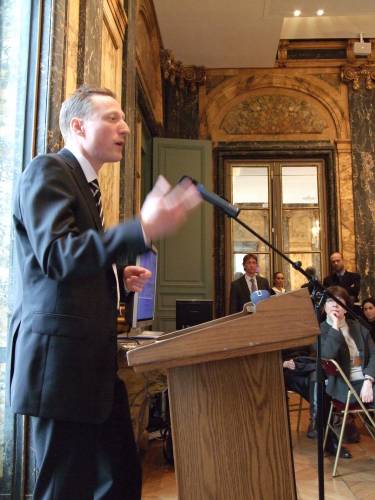
Summary
The launch of Wikigender took place in the Organisation for Economic Co-operation and Development headquarters in Paris in the presence of Chile’s Ambassador to France, Mrs. Pilar Armanet, and the Deputy Chief of Staff of the OECD, Mrs. Gabriela Ramos. Both speakers highlighted the importance of this new platform as a tool to improve knowledge on gender equality, an objective which is still far from being achieved. Wikigender will help remind people that the battle for women’s rights is a continuous one and needs to be fought anew by each generation. It is therefore good to have an online platform which will particularly address young people and women.
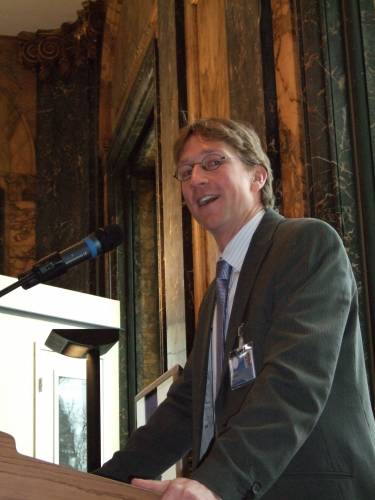
Gender equality – as important as always
Ambassador Armanet emphasized that women are still underrepresented in many areas. Her home country Chile, for example, is only one of 23 countries in the world (or 12% of the total) with a female head of state or government. Although Chile’s President Michelle Bachelet has some powerful colleagues such as Chancellor Angela Merkel in Germany and Liberia’s President Ellen Johnson-Sirleaf, it is not acceptable that so few women are in important political positions. In national parliaments, for example, women are outnumbered by men in every country of the world.
What is Wikigender?
The wikigender.org:About of the Organisation for Economic Co-operation and Development Organisation for Economic Co-operation and Development Development Centre then explained the objectives and features of the new website. Johannes Jütting, Head of “Policy Coherence for Development and Human Security” at the OECD Development Centre, illustrated the evolution of the Development Centre’s gender work from the creation of the Gender, Institutions and Development Data Base to the launch of Wikigender. Denis Drechsler, Policy Analyst at the Development Centre, highlighted the conceptual cornerstones of Wikigender. The site will have an open access policy, effective mechanisms of quality control and an active community that regularly uses and updates the pages. Olivier Puech, the Development Centre’s webmaster, explained the functioning of the website in a live presentation of Wikigender. Finding information, creating an account and contributing a new article only require a couple of clicks.
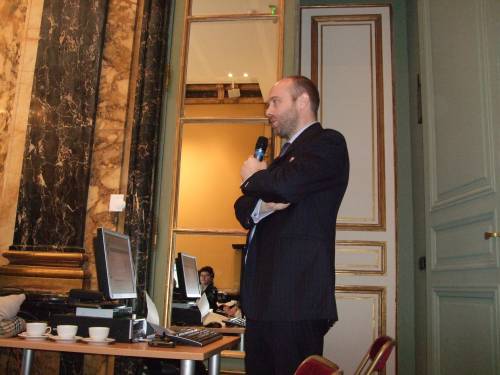
Wikigender and the views of other stakeholders
The usefulness of Wikigender was then debated from various angles.
- Danièle Rousseau, founder and director of the French network of business women “Diregeantes”, argued that Wikigender could provide a useful platform to inform women on how to start their own business and learn from the experience of other business women.
- Angela Me of the United Nations Economic Commission for Europe (United NationsECE) presented the view of an international organisation that is actively involved in the collection of gender data. She reminded the audience that official data from National Statistical Offices often do not include essential gender statistics (e.g. the number of female ambassadors or the prevalence of violence against women). Wikigender could thus offer an alternative mechanism to identify data and statistics.
- Claudy Vouhé of “Genre en Action” welcomed the launch of Wikigender from the perspective of a Non-Governmental Organisation (NGO). Wikigender could provide a forum to highlight the important work that is being done on gender by NGOs and other civil society organisations.
Wikigender and the OECD
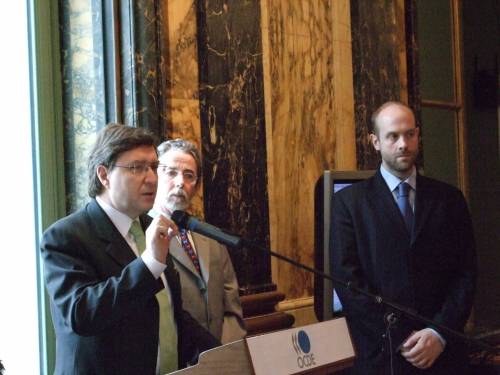
The Chief Statistician of the OECD, Mr. Enrico Giovannini, emphasised the importance of Wikigender as a tool to reach out to new communities. New technologies of the Web 2.0 allow people to interact on various issues; and past experience has shown that Internet users are willing and eager to share and discuss their knowledge with online communities.
Wikigender will be closely linked to the OECD Global Project on Measuring the Progress of Societies which will actively involve citizens in the definition of the right statistics to capture wellfare and happiness in a society. Mr. Giovannini reminded the audience that a “wiki” is never a final product, but the beginning of a process and assured the full support of the Statistics Division of the OECD to make this project a success.
The 2009 OECD Gender & Diversity Awards
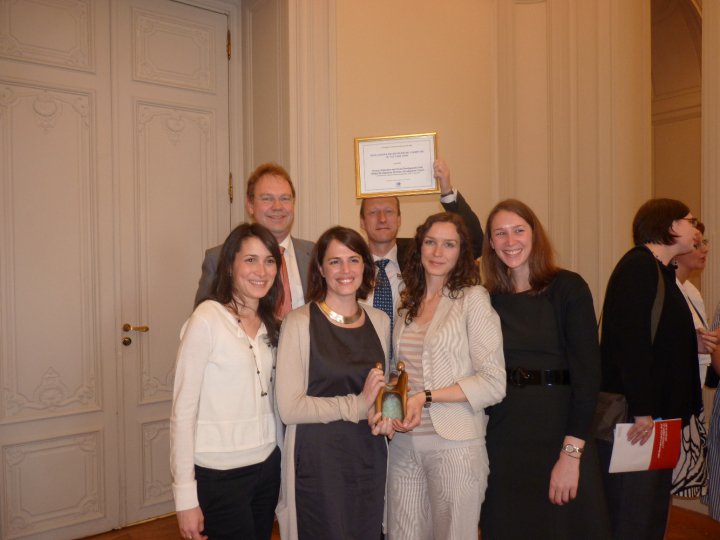 The Poverty Reduction and Social Development Unit of the Global Development Team at the OECD Development Centre has won, on 21 May 2010, the 2009 Gender Mainstreaming Champion Award, given on the criteria below:
The Poverty Reduction and Social Development Unit of the Global Development Team at the OECD Development Centre has won, on 21 May 2010, the 2009 Gender Mainstreaming Champion Award, given on the criteria below:
1. Production of new statistics and analysis on the role of women in economic growth and other OECD areas of study
2. Discussions and development of policy recommendations on enhancing attention to 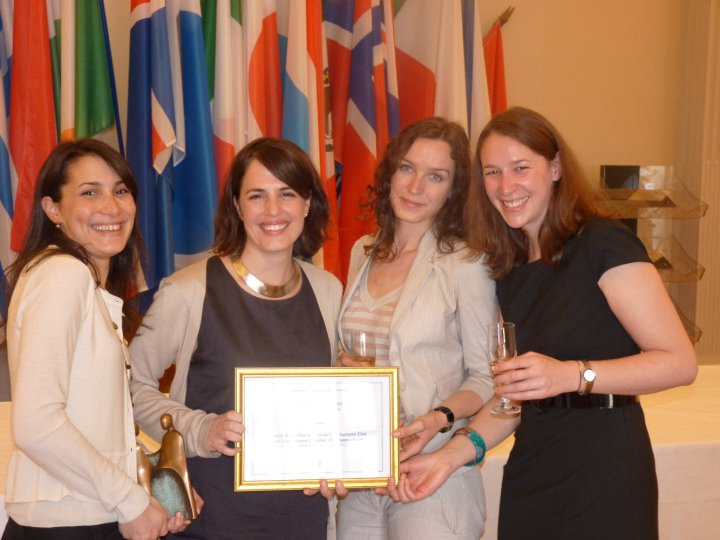 gender variables in various fields, including the visibility and impacts of these efforts
gender variables in various fields, including the visibility and impacts of these efforts
3. Significant contributions to leveraging OECD work on gender in the international arena
Wikigender, launched in 2008, significantly contributed to this success.
Access the application submitted for the award by clicking here.
See also
- wikigender.org:About
- wikigender.org:Wikigender in the Press
- Organisation for Economic Co-operation and Development Organisation for Economic Co-operation and Development Development Centre
- Global Project on Measuring the Progress of Societies


